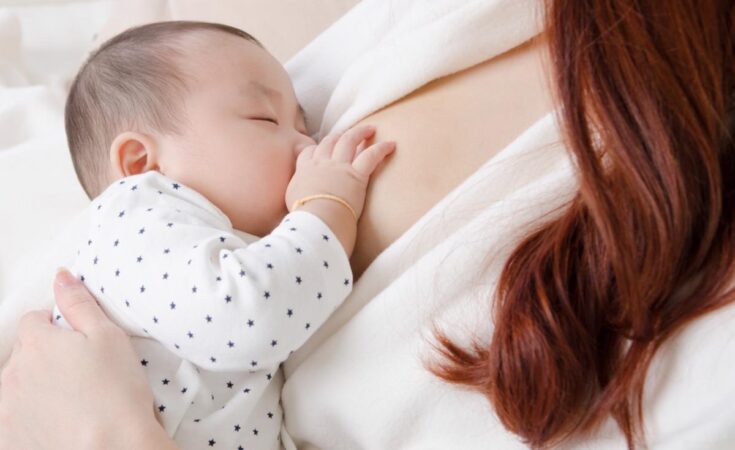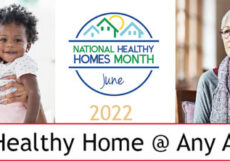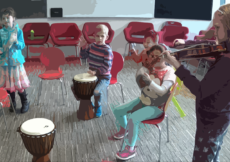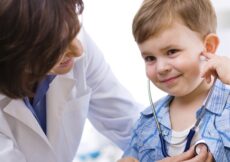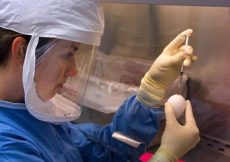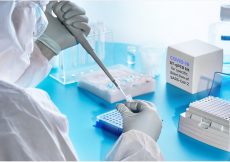In a recent study posted to the Research Square* preprint server, researchers evaluated the association between breastmilk feeding and the time of maternal severe acute respiratory syndrome coronavirus 2 (SARS-CoV-2) infection during pregnancy and the rooming-in status during the hospitalization for delivery.
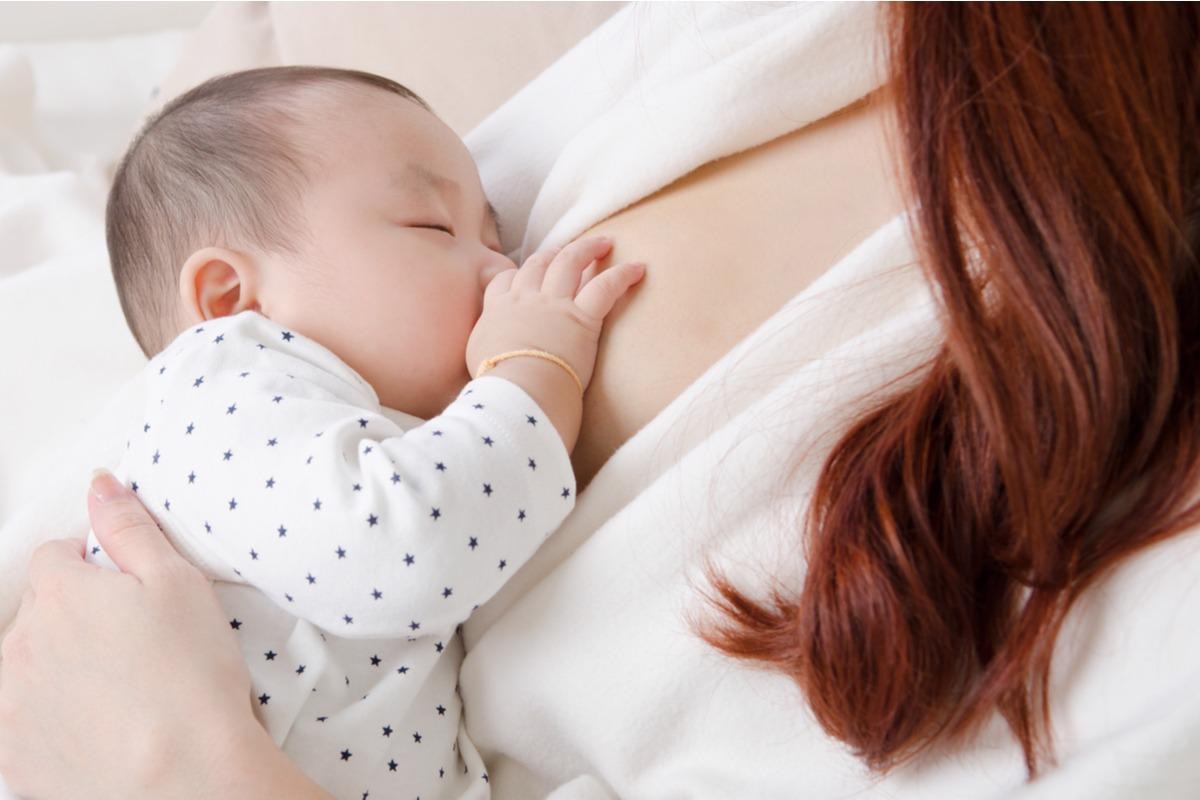
Background
Understanding the risks of breastfeeding infants by mothers who were SARS-CoV-2-infected during pregnancy is critical to informing breastmilk feeding practices and lactation support services.
Accordingly, in August 2020, the Centers for Disease Control and Prevention (CDC) and the American Academy of Pediatrics (AAP) recommended best rooming-in and breastfeeding practices for mother-infant duos. These recommendations covered infection prevention and control (IPC) measures to protect the infant, including hand hygiene and the use of facial masks for breastfeeding mothers with SARS-CoV-2 infection.
The Surveillance for Emerging Threats to Mothers and Babies Network (SET-NET), a collaboration between the CDC and US health departments, surveilled pregnant people and their infants to understand the risks due to SARS-CoV-2 among them in the United States (US) in 2020. They reported data of only those females to the CDC who produced a reverse transcription-polymerase chain reaction (RT-PCR)-confirmed SARS-CoV-2 infection during pregnancy and delivered between January and December 2020.
About the study
In the present study, researchers analyzed the breastmilk feeding data for 2020 from five US states – Minnesota, Massachusetts, Nebraska, Tennessee, and Pennsylvania – to examine the association between breastmilk feeding and the time of maternal infection.
The time of maternal infection (before delivery) was determined by the date of the first positive RT-PCR test or symptom onset if the testing date was unavailable. The study focused on two-time points of the time of maternal infection – two weeks before delivery or more than two weeks before delivery to reflect quarantine practices followed during the early phases of the coronavirus disease 2019 (COVID-19) pandemic.
For specificity, the researchers presented a weighted prevalence of breastmilk feeding by delivery month and stratified rooming-in status by the time of maternal infection. After weighting, five states reported data of 9,760 people and their infants, with deliveries between March 29th, 2020, and December 31st, 2020. They obtained information regarding breastmilk feeding and rooming-in status of the mother and infant post-delivery from the maternal and infant medical records.
The study covariates were maternal education, ethnicity, age, and trimester of SARS-CoV-2 infection, health insurance status at delivery, and COVID-19 severity – asymptomatic, mild, moderate-to-severe, or critical. Additionally, the study accounted for preterm birth and neonatal intensive care unit (NICU) admission of the infant and labor and delivery characteristics.
An infant was considered breastmilk fed when the infant received the feed directly at the breast or by a bottle, syringe, or other methods from their birth mother at least once. The average time between maternal SARS-CoV-2 infection and delivery was 116 days.
The team used the Cox regression model to estimate adjusted prevalence ratios (aPR) and 95% confidence intervals (CIs) for breastmilk feeding. Additionally, they fitted a second model controlling for maternal education as a sensitivity analysis. This study was consistently under the purview of the applicable federal law and the CDC policy.
Study findings
Overall, 86% of mothers with COVID-19 in pregnancy reported feeding breastmilk to their infants during the birth hospitalization. As expected, the prevalence of breastmilk feeding was lower among the mothers who had an infection or were critically ill within two weeks before delivery than the mothers with asymptomatic, mild, or moderate COVID-19 before 14 days of delivery.
The study findings revealed that 75.2% of mothers roomed in with their infants, and there was no association between time of maternal infection and breastmilk feeding when stratifying data by rooming-in status. Thus, it is apparent that rooming-in attenuated the association between the time of maternal infection and breastmilk feeding, and it remained a critical factor in determining the prevalence of breastfeeding only among those infants who did not room-in with their mother (aPR 0.78, 95% CI).
Accordingly, the prevalence of breastfeeding was significantly higher among those who roomed in than those who did not (89.9% vs. 76.2%). The results were similar for mothers who did not room in with their infants regardless of infection time (≤ 14 days before delivery or > 14 days before delivery) and after adjusting for education.
Notably, early in the COVID-19 pandemic, i.e., in April 2020, the frequency of rooming-in was the lowest. Hence, the proportion of females rooming in with their infants was only 23.9% among those with SARS-CoV-2 infection within two weeks before delivery and 45.9% among those infected more than two weeks before delivery. The room-in frequency increased for both groups over time, yet mothers with infection within two weeks before delivery were less likely to room in with their infants.
Conclusions
Overall, pregnant individuals with lower education status, younger age, and of Black race were at an increased risk of SARS-CoV-2 infection and less likely to initiate breastmilk feeding.
There is enough evidence suggesting that antibodies against COVID-19 are present in the breastmilk of SARS-CoV-2-infected mothers. Several studies report the detection of SARS-CoV-2 specific immunoglobulin A (IgA) and IgG antibodies in the breastmilk of the infected mothers. Most importantly, there is no documented proof that breastmilk contains any infectious SARS-CoV-2 and poses the risk of viral transmission.
Therefore, it is crucial to counsel all pregnant women, including those with SARS-CoV-2 infection, about the benefits of breastmilk feeding and how to safely feed their infants with appropriate IPC measures if they have COVID-19. Furthermore, the authors emphasized the need for culturally relevant breastfeeding promotion efforts alongside education regarding breastmilk feeding practices during the ongoing COVID-19 pandemic.
*Important notice
Research Square publish preliminary scientific reports that are not peer-reviewed and, therefore, should not be regarded as conclusive, guide clinical practice/health-related behavior, or treated as established information.

